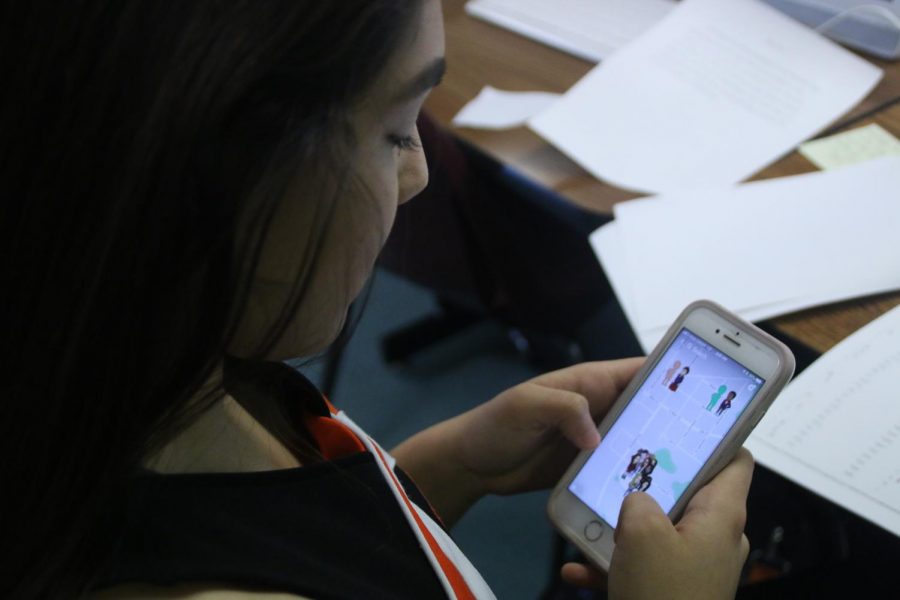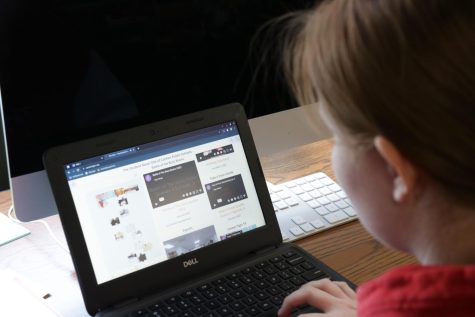iPhone or iSpy?
Ninety-two percent of Americans own a cell phone. Cell phones can be beneficial, but they can also harbor a number of dangers.
Cell phones are used for contacting friends, staying updated on the latest trends, listening to music on the go, finding a route to the newest restaurant and more.
Cell phones are also a great way for people to be hacked.
Cell phones contain an app store. The average person will usually download Facebook, Snapchat, Instagram, and Twitter. These apps all request to see the owner’s location. Users can deny the request, but many will accept it.
Snapchat has a snap map where the user’s friends can view where they are any time of the day but so can hackers. These hackers are very clever. They can receive people’s personal information, such as their credit card information or even their social security information.
These maps and location services can also let stalkers or other creepers know the user’s exact location.
“Cell phones are very useful, but by giving out your information, you could cause harm to yourself or others,” Cadence Pugh, eighth-grader, said.
Charging stations are popping up everywhere, from airports to shopping malls. These charging stations might not be the lifesaver people think they are. As soon as a person plugs their cell phone into the charger, a hacker can instantly have access to their personal accounts and more.
Cell phones open users to a variety of potential problems. No one is giving up their cell phones, but they need to be aware of the dangers.
There are a number of ways to keep cell phones and their user information safe:
- Choose a strong password for accounts. Do not use simple passwords like “password123.” Using a variety of numbers, lowercase and uppercase letters will cut back the risk of being hacked.
- Do not use the same password for every account. If the hacker figures out the password, it will eventually lead them to unlocking other accounts.
- Turn off all location services. Go to settings on a phone, click on privacy, open location services and turn it off. Turning this off makes it less likely for a hacker to track someone down.
- Do not share too much personal information. Using a birth date, cell phone number, or even a graduation year can make the hacker’s job easier.
- Do not connect to unsecured Wifi routers. Linking up to McDonald’s, the mall’s, or even a next door neighbor’s wifi is an easy way to give a stranger access to a phone.
- Do not jailbreak the phone. Jailbreaking a phone to access unauthorized apps will lead to many bugs and viruses.
- Remove apps that are not being used. Not only do unused apps slow down a device, but they also create security risks.
- Cover the camera with a piece of duct tape or a band-aid when not using it. This will prevent stalkers from watching someone through the camera.
- Plug the end of a pair of headphones into the phone. Doing this will stop hackers from listening in on private conversations. Do not use headphones that work, they also can function as a microphone.
- Turn off Bluetooth. Leaving Bluetooth on can let a hacker track where a person is and can also give them access to hacking a phone.











